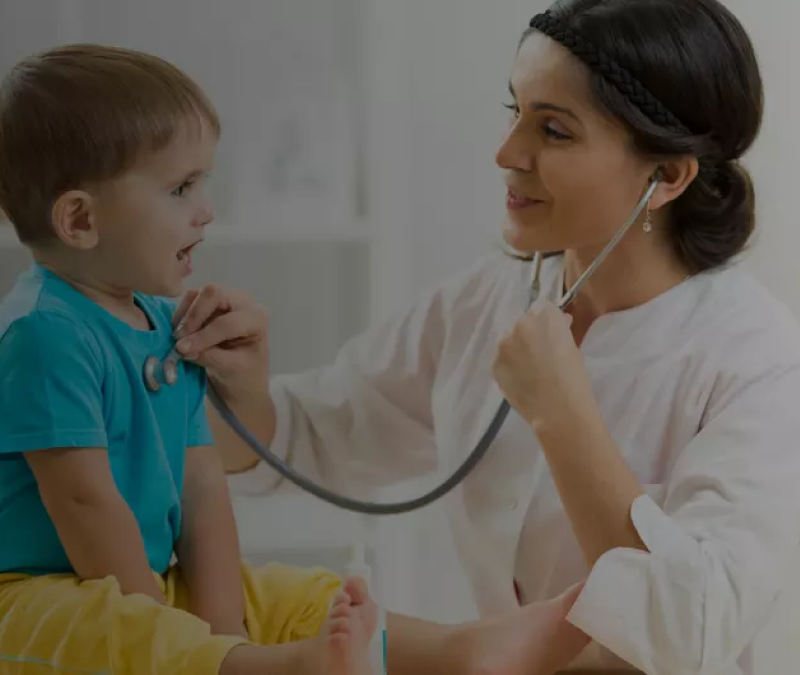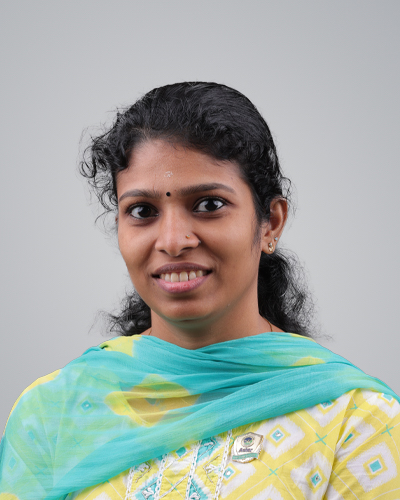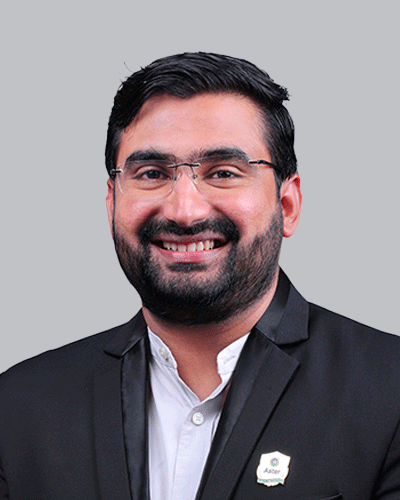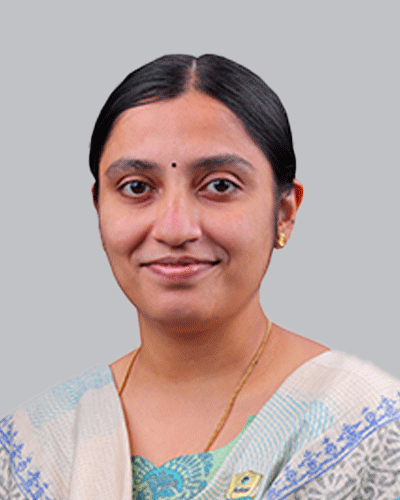Aster Mother Hospital, Areekode department of general paediatrics is committed to improving the health of children with care, compassion and expertise.
- Our Outpatient clinic plays a critical role in the routine care of young people
- Performing age-appropriate health screening.
- Diagnosing and treating acute and chronic illness and other disorders that affect children
- Ensuring that children are achieving development milestones
- Evaluating and detecting developmental or behavioural disorder
- Educating parents about well-child careers, including immunization.
It is supported by a multidisciplinary team of paediatricians, nurses, respiratory therapists, physiotherapists, nutritionists & pharmacists working with various subspecialties, based on the condition of the child.
Our Doctors
We have some of the best specialists from around the world, they bring years of experience and offer evidence-based treatment to ensure the best care for you.







